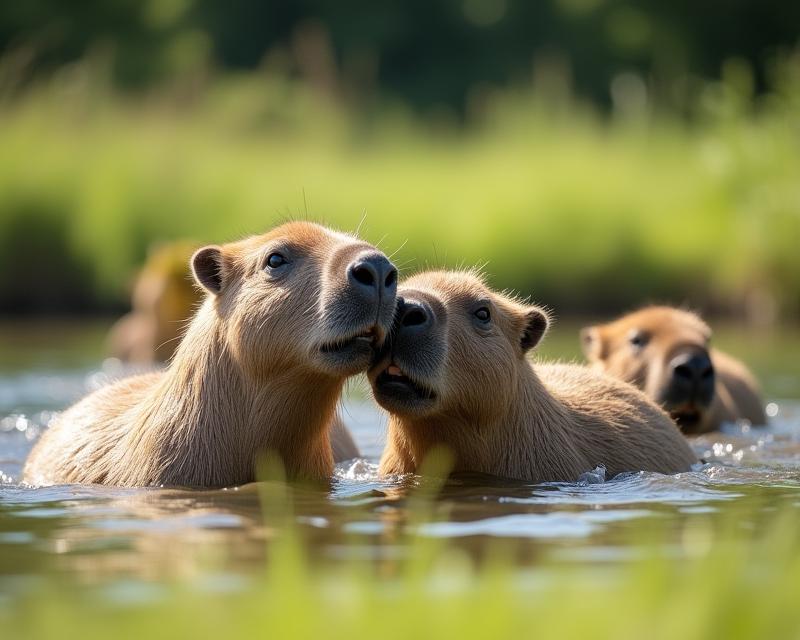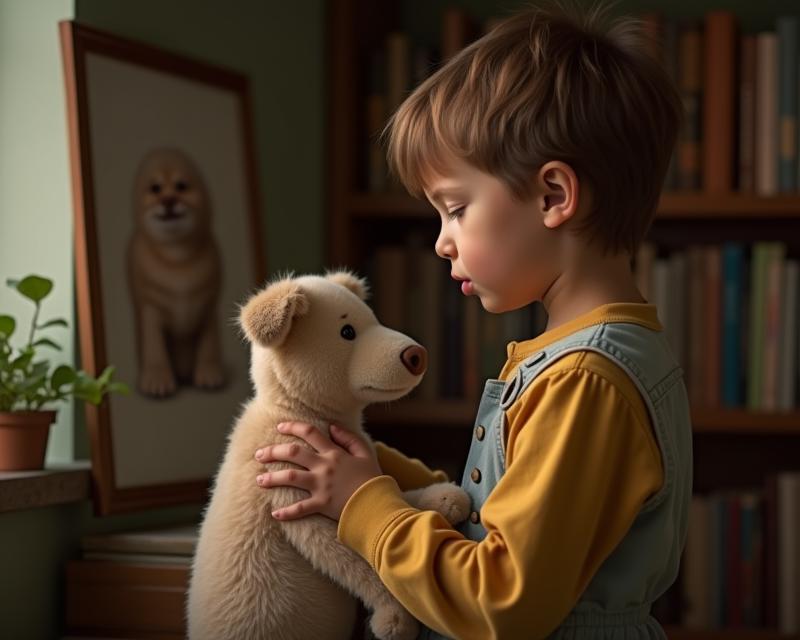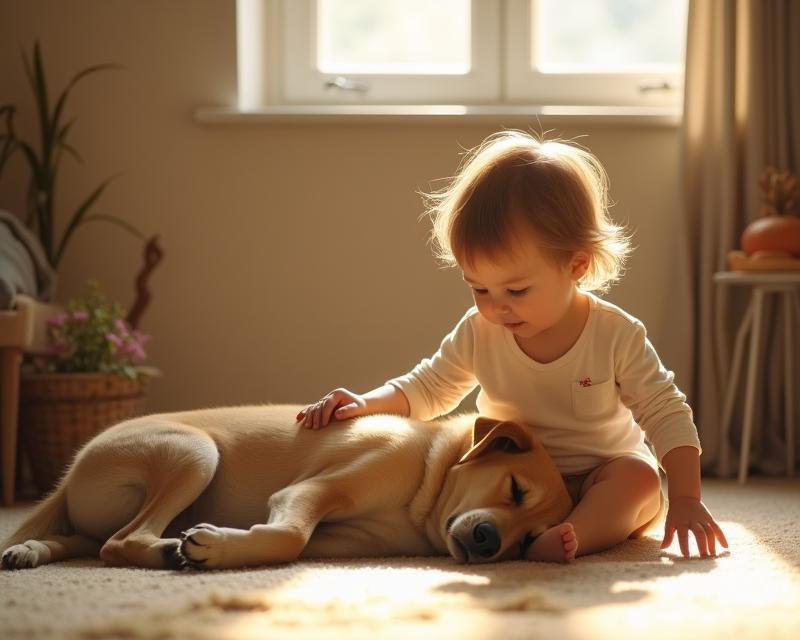Capybara Companions: Why They Need Friends!
Publish in General Care el 29/06/2025 16:46
Capybara Companions: Why They Need Friends!
Capybaras are undeniably charming creatures – large, gentle rodents that seem to love everyone! Their relaxed demeanor and friendly faces make them popular, but there's something important potential owners need to understand: capybaras are highly social animals and thrive in groups. Keeping a capybara isolated is detrimental to their well-being, both physically and mentally.

The Social Capybara
In the wild, capybaras live in groups that can range from a few individuals to over 100! These groups offer protection from predators, help with foraging, and provide a sense of security. They communicate through a variety of vocalizations, scent marking, and body language. Think of them like a furry, semi-aquatic family! They enjoy grooming each other, playing, and simply being in close proximity to their companions. This social interaction is crucial for their emotional health.
Why Solitary Capybaras Suffer
When capybaras are kept alone, they can experience significant stress and behavioral problems. You might see signs of loneliness like excessive vocalization, destructive behaviors, or even depression. They can also become more susceptible to illness due to the lack of social support. Their natural instincts are geared towards group living, and denying them this social structure can have serious consequences. It’s simply not fair to their nature.
Creating a Happy Capybara Life
If you're considering a capybara, understand that you're committing to providing a social environment. Ideally, capybaras should be housed with at least one or two other capybaras. If that’s not possible, you’ll need to dedicate a significant amount of time and effort to providing enrichment and interaction. This might include regular playtime, puzzle feeders, and even supervised interactions with other animal species (carefully assessed for compatibility, of course!). Researching capybara behavior and needs is essential to ensure a happy and healthy life for your furry friend. Remember, a happy capybara is a social capybara!





